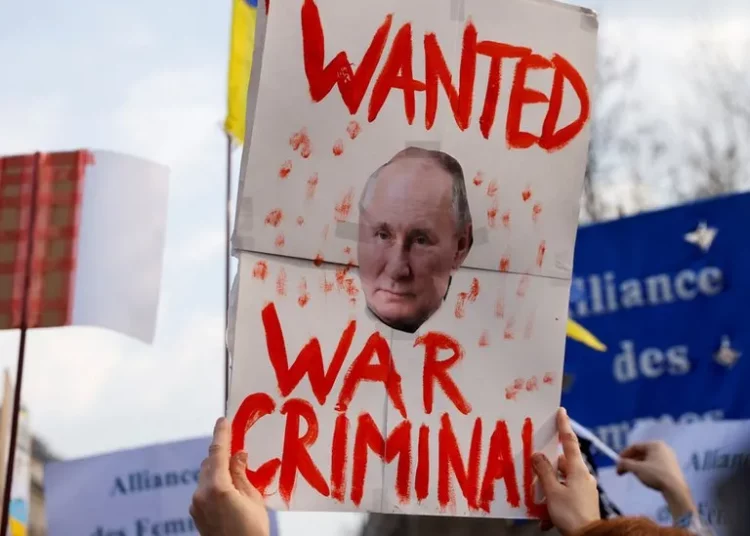Despite serious allegations of crimes committed during military actions in Ukraine, Russia continues to be a member of the United Nations (UN). This position has sparked discussions and criticism regarding the effectiveness and role of the UN in the modern world.
The UN, established in 1945, aims to maintain international peace and security, develop friendly relations among nations, promote international cooperation, and be a center for harmonizing the actions of nations in achieving these common goals. Russia, as one of the five permanent members of the UN Security Council, has the power to veto its decisions.
Criticism of the UN is often linked to its perceived inability to effectively respond to major international crises and conflicts, especially when major powers, such as the permanent members of the Security Council, are directly or indirectly involved. The veto power held by permanent members can hinder action against the activities of these countries, sometimes perceived as a limitation of the organization’s effectiveness.
At the same time, the UN continues to play a vital role in many other aspects of international relations, including humanitarian missions, development support, combating climate change, and promoting human rights. Despite the criticism, it remains a key platform for international dialogue and cooperation.







